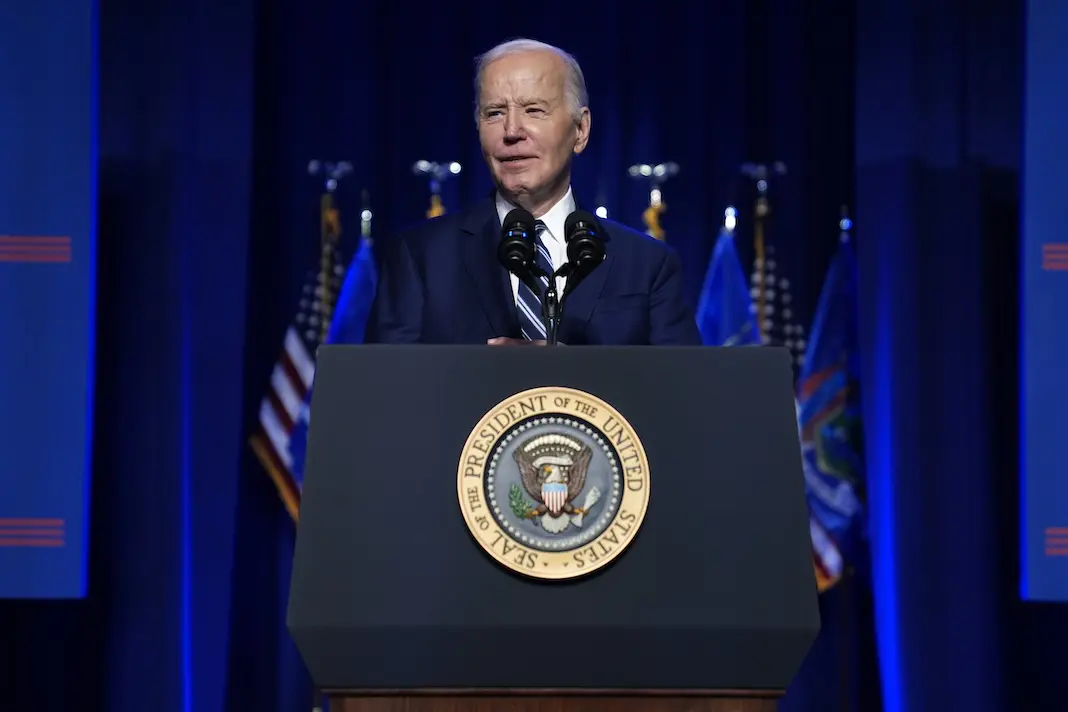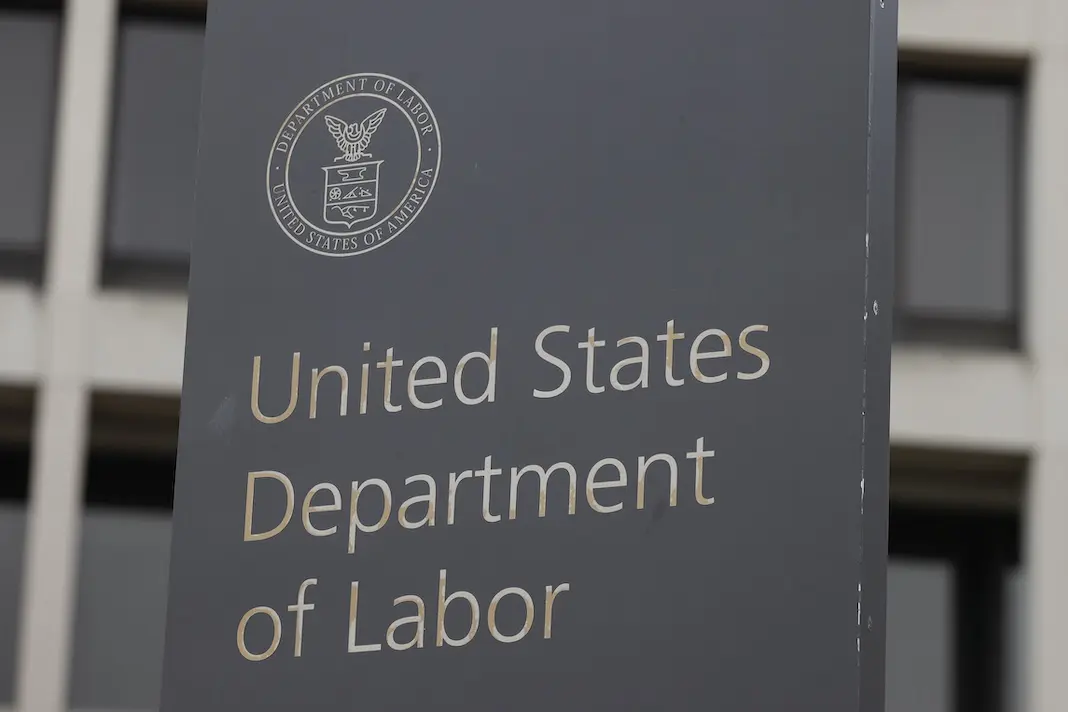Economy, infrastructure, White House
Biden announces workforce hub in Wisconsin

Economy, infrastructure, White House

Economy, infrastructure, White House

Economy, National, White House

National, U.S. House, U.S. Senate
